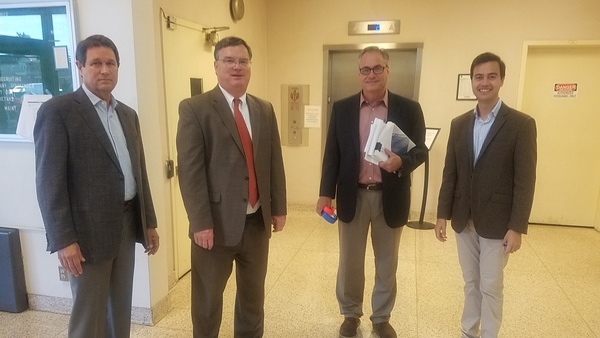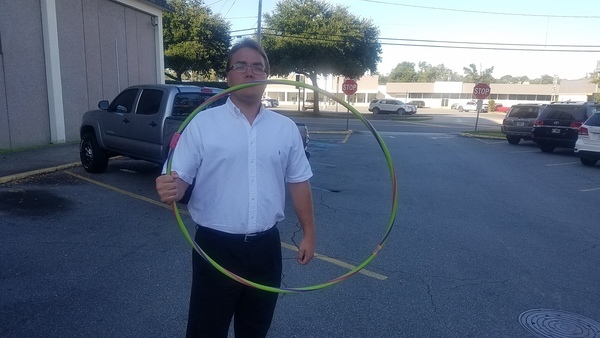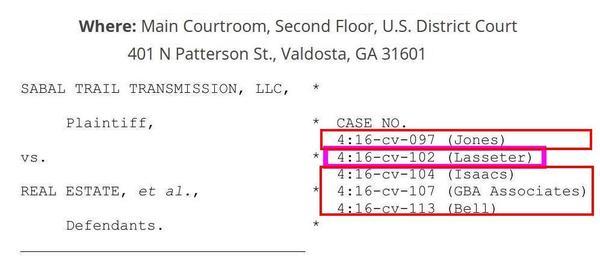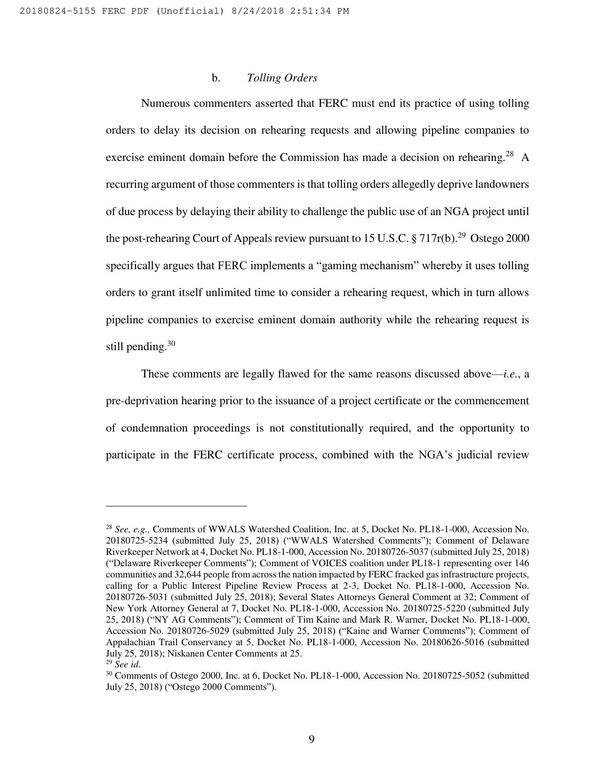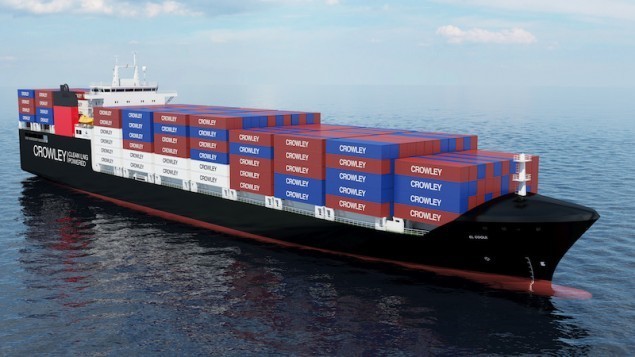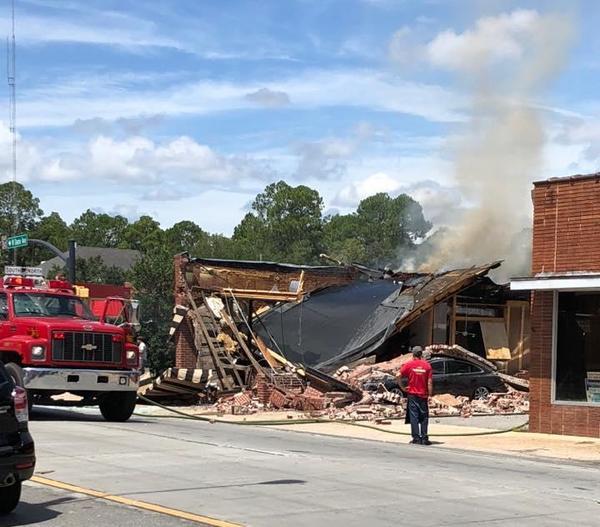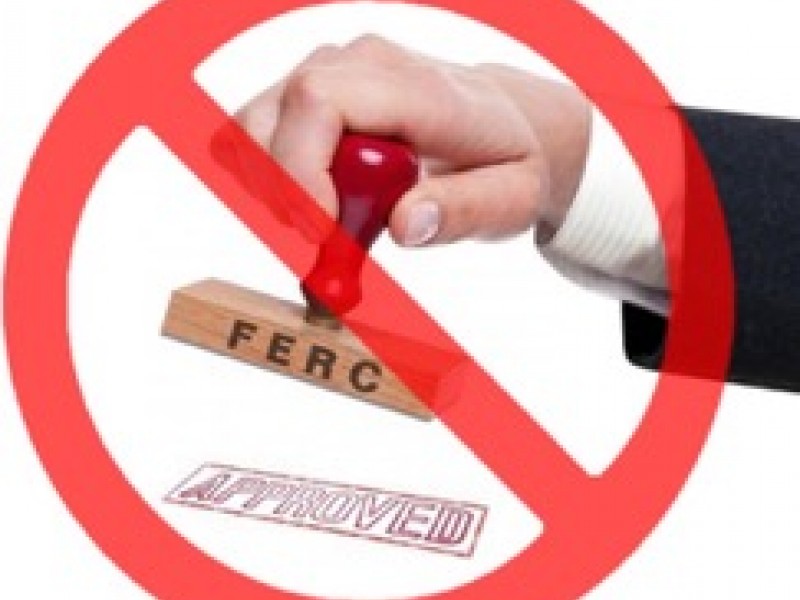Floridians, please get out and vote today, and in November.
We are fortunate here in the Suwannee River Basin.
We don’t have cyanobacteria blooming from glyphosate in our rivers
with dead fish stinking tens of miles inland.
But we do have plenty of environmental problems.
When you vote in the primary today (if you haven’t already voted early),
and as you vote in the general election in November,
you may want to ask yourself about each candidate,
from city council to County Commissioner to school board to statehouse to statewide official to governor, and don’t forget judges:

- Do they support banning fracking?
- Do they oppose more phosphate mines?
- Will they help stop fertilizer leaching into our springs and rivers,
including getting financial and other support for the Basin Management Action Plans (BMAPs)?
- Will they help us all find out how E. coli and fecal coliform are getting into our rivers and wells, and from where, by assisting in water quality monitoring, and will they then do something about it?
-
Will they hold accountable those who produced coal ash and get them to dispose of it responsibly?
- Will they oppose fossil fuel pipelines, and do something about the safety of those that exist?
- Will they help rein in the rogue agency FERC, including about oversight of
liquid natural gas (LNG) export?
- Will they help the Sunshine State get on with solar power,
so that nobody has to be without power for weeks after a hurricane,
and we can shut down more fossil fuel power plants and close some pipelines?
These are just some of the issues WWALS deals with all the time.
You don’t have to know about all these issues; every one of them is important.
You may have other environmental issues.
If you don’t know how the candidates stand on these issues,
maybe you’d like to ask them before November.
Still, some of them must have stated positions before the primary today.
Sure, the economy matters, but how many jobs do polluted springs and rivers bring?
Do people come to Florida to smell rotting fish from their vacation or permanent homes?
There is no economy without an environment, and water is the basis of it all, including public health.
Seven of us Waterkeepers of Florida met with FDEP last month:
…to express serious concern and a sense of urgency to protect and restore Florida’s rivers, coast, bays, estuaries, lakes, springs, and aquifer.
As demonstrated by Hurricane Irma, major storms deteriorate water quality, threaten human health, and undermine Florida’s economy. Absent more proactive action and investment in becoming more resilient, water quality protection, and adaptation efforts, Florida’s economy, environment, and public health will suffer.
We should all care about what is happening in south Florida.
Obviously because those are people just like us who live there, not to mention
the wildlife and the rest of the ecology, and what happens there affects
the economy of the rest of Florida and the nation.
After Hurricane Irma, Lowndes County, Georgia, where I live, gained 100 new
residents from Florida.
(That’s right: Suwannee Riverkeeper lives in Georgia.
Rivers can’t read; they don’t know somebody drew a state line on a map.)
If the south Florida situation continues or gets worse, people will move north.
Many of them will move to north Florida or south Georgia, further affecting our waters.
So don’t forget about candidates:
-
Do they support stopping the destruction of south Florida’s lakes, rivers, and coasts by fertilizer and pesticides from big agriculture and lawns?
As an IRS 501(c)(3) nonprofit charity, WWALS cannot support or oppose any specific candidate for office.
But we can bring issues to your attention.
And we can say, please go vote, today and in November!
-jsq, John S. Quarterman, Suwannee RIVERKEEPER®
You can join this fun and work by becoming a WWALS member today!


